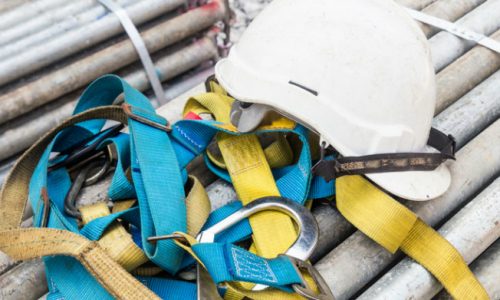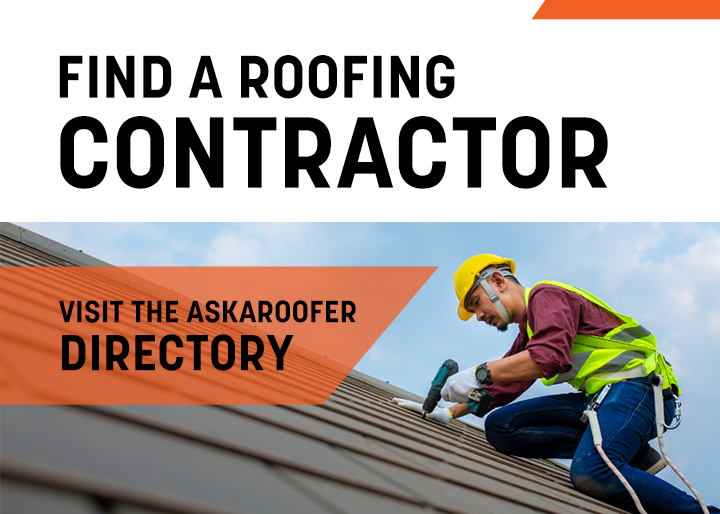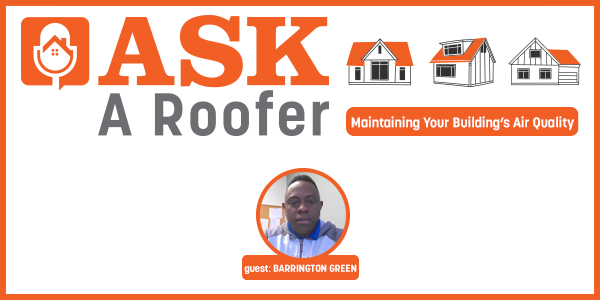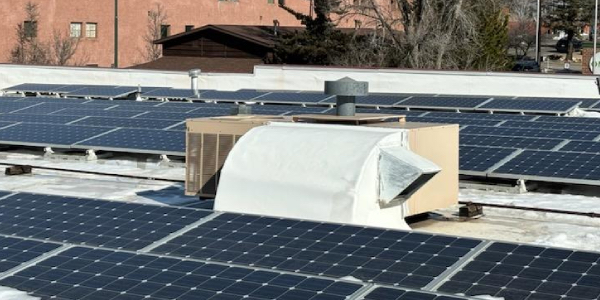4 Ways We Keep Our Roofing Contractors Safe!

By Magnus Construction Company.
The Bureau of Labor Statistics reports roofing to be among one of the most dangerous and injury-prone jobs a person could have.
It ranks right up there beside aircraft pilots, fishers and loggers. Just what makes roofing so dangerous? It is not all that extra sun exposure, although that in itself can be a problem if workers do not protect against the sun and stay hydrated; the main cause of fatality or injury occurs from falling. The Electronic Library of Construction Occupational Safety & Health had this data to report: “29.9 deaths per 100,000 full-time equivalent workers, about twice the average for all construction of 15.2. About 50 roofers are killed on the job each year, most by falls. The information in government reports suggests that inadequate fall protection is responsible for most of the fatal falls.”
Even with the dangers that come with this job, the roofing job industry is seeing growth — roofers love what they do. At Magnus Construction Company, we strive to make sure they stay around; we take painstaking care to keep all of our roofers adequately protected so they are safe. How do we accomplish this? Here are four ways we keep our roofers safe:
1 - Organization
All work areas are cleared of extraneous material and organized properly. This helps prevent workers from simple slip and fall injuries which are obviously more dangerous when you are several feet in the air.
Also, the worksite is closed off so children, pets, and other non-workers are unable to access the area. This keeps the roofers focused on the job at hand without added distractions.
2 - Ladder safety
Each ladder is inspected prior to use on the job to ensure all parts are in working order. Furthermore, all ladders meet the regulations set forth by the Occupational Safety and Health Administration (OSHA). According to OSHA regulations, roofers should always have “three points of contact (two hands and a foot, or two feet and a hand) at all times when ascending or descending a ladder.” By having three points of contact on the ladder at all times, the roofer is much more balanced, for one, and secondly, he/she would be less likely to fall because the person would be able to grab hold of something if he or she felt like a fall was forthcoming. Furthermore, workers are not allowed to carry items that may hinder them or make them lose their balance.
3 - Harness up
Workers are equipped with harnesses as mandated by OSHA. One of the leading causes of roofing accidents is “lack of safety equipment”, but having protective equipment such as a harness on becomes the roofer’s lifeline if he or she would slip and fall.
4 - Quality shoes
Roofs are all sloped at varying angles. So, roofers will be walking up a slight grade or hill throughout the day. No matter how good of shape a person is in, this is a challenge if you do not have the right shoes. Roofers invest in high-quality shoes or boots to provide excellent traction. Additionally, helmets are worn to protect the head from injuries in the event of a fall.
Another area that is prone to injury if a fall or slip does occur is the head. Head injuries can cause serious consequences. Therefore, our roofers wear helmets for added protection.
Have a question? AskARoofer.
Find your local roofing contractor in the RoofersCoffeeShop® Contractor Directory.













Comments
Leave a Reply
Have an account? Login to leave a comment!
Sign In